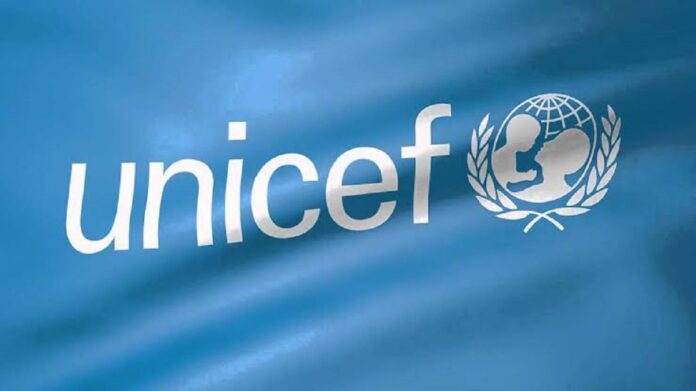From Umar Ado Sokoto
The United Nations Children Education Funds UNICEF announced that Nigeria lists as one of the countries with highest Immunization Zero Dose Children.
The Chief UNICEF Field Officer in Sokoto State Dr. Maryam Darwesh disclosed this at a two day Media Dialogue on Routine Immunization Campaign and zero dose reduction campaign organized by UNICEF in collaboration with state Primary Health Care Development agancies of Kebbi, Sokoto and Zamfara held at Sokoto Guest In on Saturday.
Darwesh further said this is based on the recent data report from the UNICEF’s flagship report ,the state of the World Children’s report (SOWA) 2023.
The field officer said, reference to children who didn’t receive a single dose of antigens they should have taken at their age to give them protection from vaccine -preventable diseases.
According to the report, out of the 67 million children who missed routine vaccination between 2019 and 2022, 48 million didn’t receive a single regular vaccine.
“As of the end of 2021, India and Nigeria had the most significant numbers of zero – dose children”,She averted .
Dr. Darwesh who was represented by Dr. Shamina Sharmin, Health Manager, UNICEF Sokoto Field Office stated that the COVID-19 pandemic exacerbated the situation as it interrupted childhood vaccination almost everywhere, mainly due to intense demands on healthcare systems.
Accordingly ,she pointed out that based on the National Immunization Coverage Survey (NICS) 2021, Nigeria has made progress in immunization, with National Routine Immunization coverage of children receiving all three doses of the pentavalent vaccine at 57 percent.
According to the survey, Completeness of Routine Immunization coverage is 36 percent for northwest Nigeria, which indicated that the figure is only 25 percent.
Dr. Darwesh hinted that the vaccine hesitancy is as old as vaccination itself, adding that the nature of the challenge continues to shift with the social landscape adding that the World Health Organization declared vaccine hesitancy a top threat to public health.
The UNICEF suggested that Nigeria needs to build on the gains made in Routine Immunization by sustaining awareness of the importance of Routine Immunization in the minds of caregivers, communities, decision –makers, and the public.
The UNICEF emphasized that the disseminating accurate information and allaying the spread of misinformation is essential to ensuring every child is protected with life — saving vaccines.
The UNICEF suggested that Nigeria needs to build on the gains made in Routine Immunization by sustaining awareness of the importance of Routine Immunization in the minds of caregivers, communities, decision-makers, and the public.
“UNICEF is committed to providing caregivers and communities with fact-based information on vaccines and ensuring a through commmunity level engagement and building partnerships, UNICEF works to build trust”.
She stressed the need to involves developing alliances with the media, civil society organizations, and faith-based organizations to increase awareness in undeserved and under reached communities .
While noted that the states covered by the Sokoto fiels officer have the highest burden of Un-immunized children in Nigeria, with the field officer harboring 22 local government areas out of the 100 high burden zero dose areas in Nigeria.
UNICEF attributed that the recent outbreaks of Diphtheria in Kebbi, Sokoto, and Zamfara states were found to have occurred in locations with zero-dose children.
This points to the imperative of strengthening Routine Immunization as the outbreaks signpost the danger posed to children’s lives by low immunization coverage levels.
She explained that strategic and constructive engagement of the media with its mass-mediated news and information dissemination platforms is paramount to UNICEF to enhance public mobilisation.







